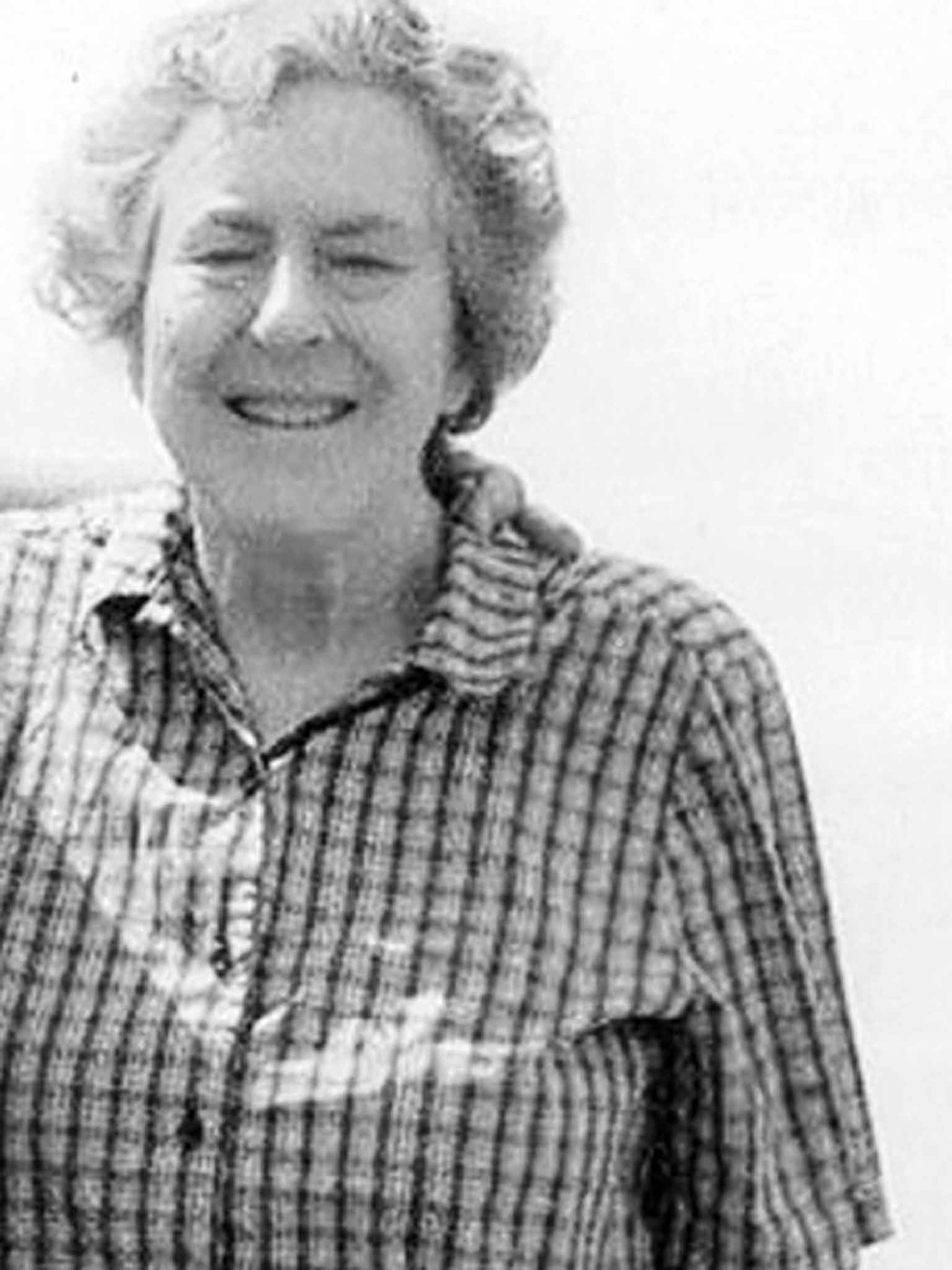Elizabeth Forbes: Musicologist and critic who translated librettos and wrote nearly 100 obituaries for 'The Independent'

The writer Elizabeth Forbes, who contributed nearly 100 obituaries to The Independent, was an opera lover first and foremost. It is not inappropriate that her long life ended on the opening night of the Wexford Opera Festival, which had been a particular favourite of hers until advancing years made the journey to Ireland over-long. She made her name as a journalist specialising in all things operatic, whether reviewing performances at an uncommonly wide range of destinations at home and abroad, or writing about singers both historical and present-day.
Her Scottish father was an illustrious naval officer, Admiral Sir Charles Forbes, who during the Second World War was the Admiral in charge of the home fleet. He married her Swedish mother, Marie Louise Berndtson, in 1921. As a teenager when the war started Elizabeth worked as a land girl until she was old enough to join up, then served as an officer in the Women's Royal Navy Service from 1941-46.
Afterwards she went to live for two years in Stockholm, where she worked in a bookshop and learned to speak Swedish. Her career in the book trade continued on her return to England in 1949, when she began working in the celebrated Curzon Street bookshop, Heywood Hill, described by Evelyn Waugh as "a centre for all that was left of fashionable and intellectual London." Here her many friends included Nancy Mitford, Ian Fleming and Patrick White.
She started her journalistic career in the early 1970s when Andrew Porter asked her to write up for the Financial Times a Salzburg Festival performance she had attended. Soon after she devoted herself to becoming a full-time music journalist. She contributed reviews and articles to numerous newspapers and magazines, prime among them at home the FT and Opera (on whose board she served) and, abroad, Opera Canada, Opera News and Opera International. As foreign correspondent she was an indefatigable traveller in Europe, making her way undaunted to whatever distant town held an opera house she wished to visit. She used to say there was none in Germany or Switzerland that she had not attended, and practically none in Italy and France.
She made a speciality of German opera houses; her intimate knowledge of the German railway timetables (about which she broadcast on Radio 3) made it possible to construct intricate five-operas-in-three-days weekend visits, for which I joined her on several occasions, happy for her precision planning to assist my own work as Head of Opera for BBC Radio.
Elizabeth was immensely good company and seldom lacked a smile, both a good listener and a good teller of tales. Her writing was direct and straightforward, leaning more towards an accurate summary of events rather than a critical dissection. She was also tireless in visiting less glamorous venues in the interests of catching a rare opera (19th and 20th century, French and Scandinavian her particular favourites) and regularly attended and reviewed performances at the London music colleges, understanding the importance of critical attention to young singers. Her enthusiasm for opera and singers burned through her every assignment, even after many decades, as if every operatic outing was a treat to be relished, and whatever her views on the production she would always find something positive to say about the singers.
Keenly interested in words as well as music, she made singing translations of many operas, from French, German and Swedish. (I sang her translation of Berwald's The Queen of Golconda at Nottingham University in 1983.) She was the author of Mario and Grisi (1985), a fascinating biography of two of the 19th century's leading singers, the celebrity couple of the day. Giovanni Matteo De Candia, or Mario, and Giulia Grisi were well-loved in London and inaugurated the present Royal Opera House with Les Huguenots.
Forbes' collection of operatic prints (her London flat in Bryanston Square was lined from floor to ceiling with her prints and books) was able to supply the illustrations for this splendid volume. She also published books for the general reader, The Observer's Book of Opera and Opera from A-Z, as well as contributing hundreds of biographical articles on singers to works of reference such as the New Grove Dictionary of Opera.
In her final years she was still compiling opera performance statistics for Whitaker's Almanack and writing obituaries for The Independent, until a series of strokes last year took their toll. She never married but lived happily in later years with her partner, Harry Lyons.
Elizabeth Forbes, writer and musicologist: born 3 August 1924; died 22 October 2014.
Subscribe to Independent Premium to bookmark this article
Want to bookmark your favourite articles and stories to read or reference later? Start your Independent Premium subscription today.

Join our commenting forum
Join thought-provoking conversations, follow other Independent readers and see their replies